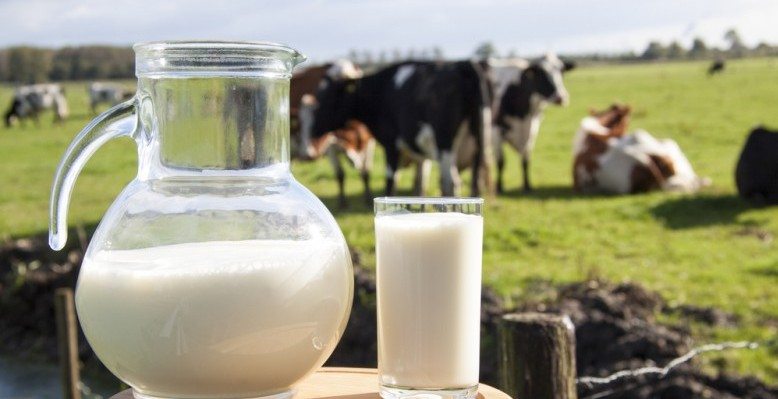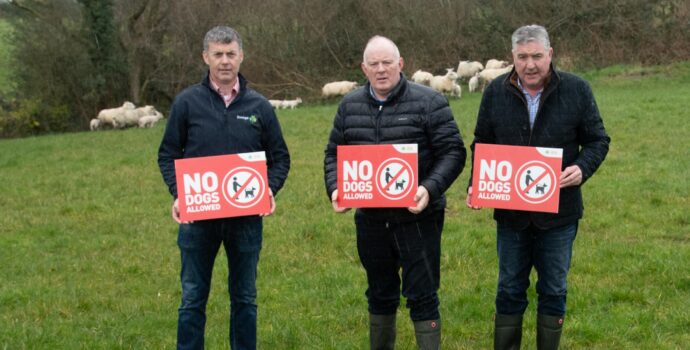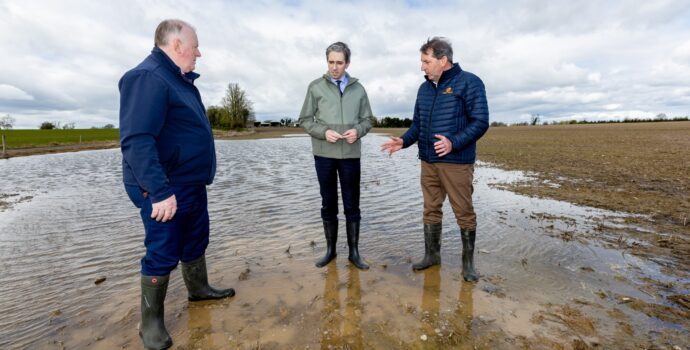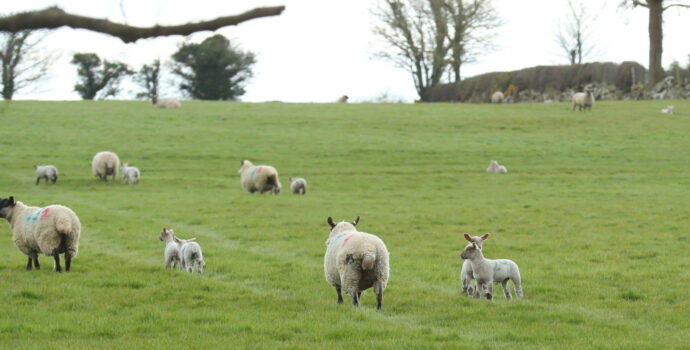Market Supports, Not Further Impediment, Is What Will Help Dairy Farmers in the Short Term

IFA National Dairy Chairman Sean O’Leary today (Monday) said that in a global market, unilateral EU production cuts would not resolve the current market slump, which is actually already starting to pick up, nor would they constitute a viable strategy to deal with future volatility cycles.
The IFA Dairy Chairman was speaking as the EU Agriculture Council meeting in Luxembourg discussed the dairy income crisis and proposals for production management being put forward by the French, German and Polish Ministers.
Sean O’Leary warned that those member states were prepared to advocate mandatory production cuts, or access to aids conditional on production reductions. Such measures would discriminate against, and could damage significantly, the Irish dairy sector, and the investment made by Irish dairy farmers, without actually helping to rebalance markets any faster.
“Stronger market and income/cash flow support commitments, including targeted aids funded from superlevy; easier and cheaper access to EU funds; more flexible intervention and private storage measures representing a more realistic ‘safety net’, and measures to support farmers in the face of damaging geopolitical developments such as the Russian ban, or indeed Brexit, are far more constructive ways to help farmers in the short term,” Mr O’Leary said.
“For the medium to longer term, it is vital that the relationship between producers and processors would encourage better communication of real time market signals, to empower farmers to make well informed decisions on production volumes. I have suggested before that our co-ops should be able to engage with farmers to outline a level of output for which there is demand at a price which will at least cover costs – the fixed-price contracts brought forward by some co-ops are a first step in that direction,” he said.
“Equally important will be to equip dairy farmers to cope with, and even thrive, through future episodes of volatility, with risk management tools such as greater levels of fixed price contracts and other price hedging methods. They will also need to volatility-proof their income and cash flow management through flexible taxation and lower cost, income-responsive investment and cash flow finance,” he added.
“Output has already started to moderate globally, with most EU dairy regions’ production slowing down or falling back. Globally, only the US are still increasing production, but this remains within the level of domestic consumption growth. International Farm Comparison Network, a well-respected agricultural think tank, has clearly indicated they expect 2016 to see demand growth exceed output growth for the first time in 2 years. European measures remain necessary to support farmers while milk prices recover, but voluntary or mandatory production reductions will not speed this up,” Mr O’Leary concluded.




